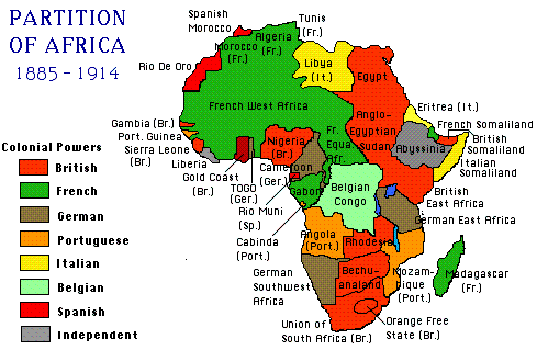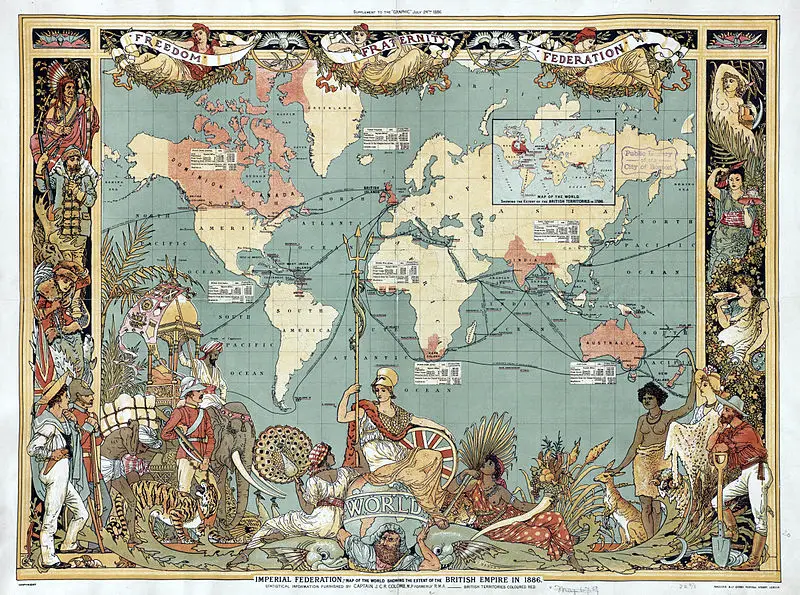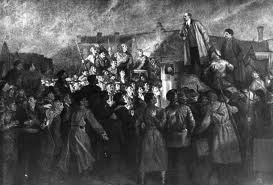One of the crucial features of Queen Victoria’s reign was the rise of Imperialism by Great Britain. Great Britain, during this time, not only emerged as the most powerful nation but by the end of the 19th century, almost one-quarter of the entire earth’s surface came under British rule.
Queen Victoria imperialism in Africa
England set up trading places at various places like Spain, France, and Holland etc which were her continental rivals which later continued in Queen Elizabeth’s reign as well. The British Empire was a mercantile one.
The early 19th century was dominated with acquisitions which served a twofold purpose firstly to get raw material from that country and secondly to tap potential markets for their ready goods. The thought process which was prevalent during this period was that a profitable trade would enable them to not only maintain their position but will also help in expanding their business.

By the 17th century, the British had acquired most of the eastern parts of North America after a series of successful wars against Spain, France and the Dutch which indirectly led to the acquisition of slaves. Their main target at this point of time was India which the British managed to acquire by the Great Mutiny in 1857.

In 1877 when Queen Victoria was declared the Empress of India, it was considered to be the peak of British imperialism. This was done by Queen Victoria at Disraeli’s instigation. By the end of the century, there also emerged a famous quote that The sun never sets on the British empire as increasingly countries started coming under its dominance. Such was the impact of British rule.
Imperialism in Victorian literature
The topic of imperialism has been touched upon by many famous writers through their writings. For instance, Richard Haggards She(1889), Rudyard Kipling’s Kim(1901) to name a few. Rudyard Kipling has very aptly termed imperialism as White man’s burden. The ultimate aim of Britain was perceived to be something beyond mere economic or strategic.
It was to assist the people in its colonies who did not have a government to civilize themselves. However, the true meaning of civilizing had to be interpreted as to convert these people to Christianity.

This process of imperialism gained even more momentum after the World War I when England was named as the trustee of former territories of Germany and Turkey, for example, Egypt in Africa and the Middle East. By 1907, the English-speaking colonies in Canada and Australia and these self-governing dominions along with New Zealand and South Africa went on to form the Commonwealth of Nations.
These Dominions came to the rescue of Britain during the World War II, when Britain lost a substantial amount of its resources which made it realize that it could no longer enjoy control and dominance which it used to. As it is, by this time, America was all set to replace Britain’s influence all over the world.
Gradually, Britain started losing its control over India as well as by 1937 India achieved conditional independence consequently achieving complete independence in 1947. Ireland, which had achieved dominion status in 1922, also attained independence in 1949 after a vicious guerilla war.
By the 1950s, the struggle for decolonization began on a full swing in Asia and Africa as well. Thus, England lost out on all its colonies around the same time. If today, there exists any resemblance between these countries, it is merely cultural or linguistic, but certainly not political.